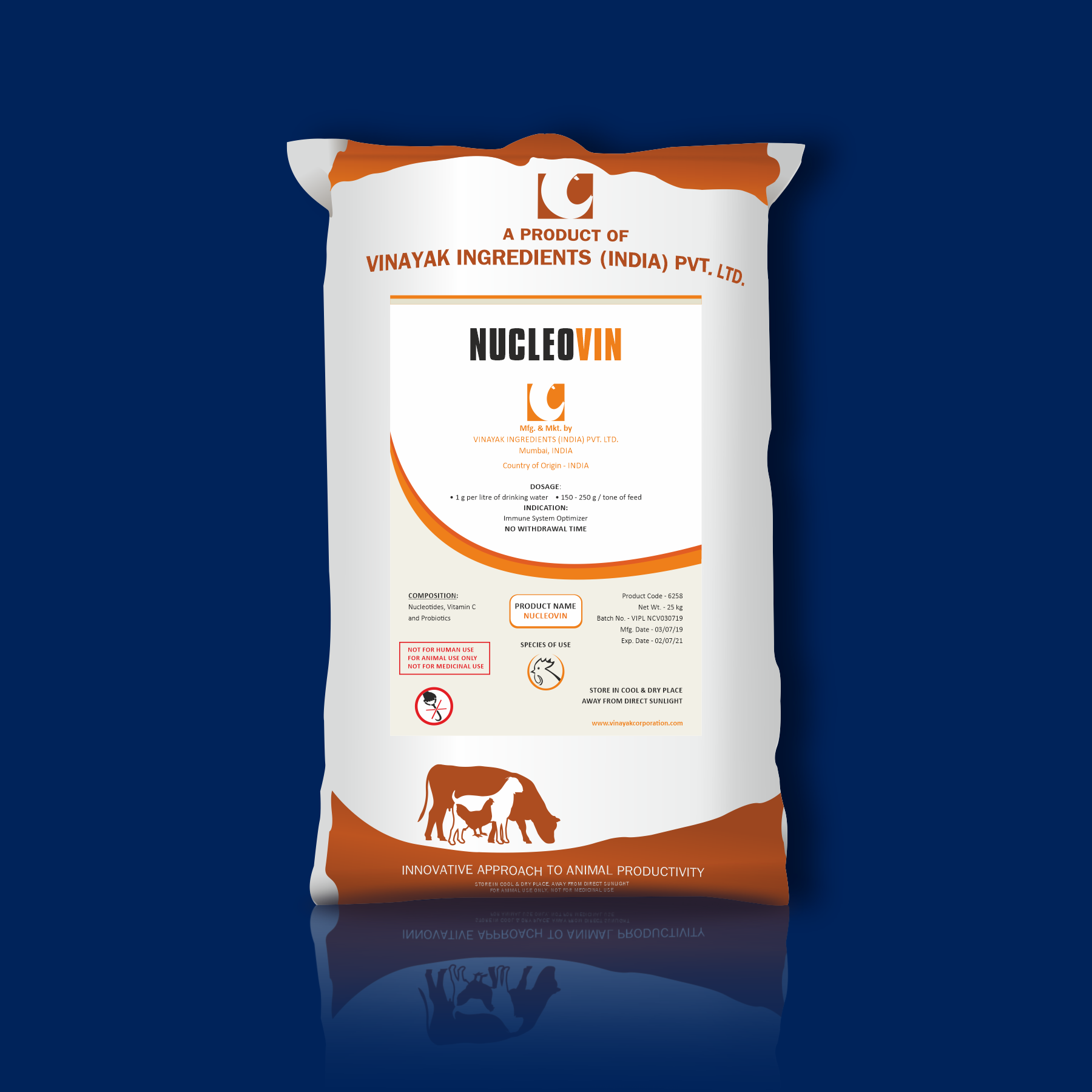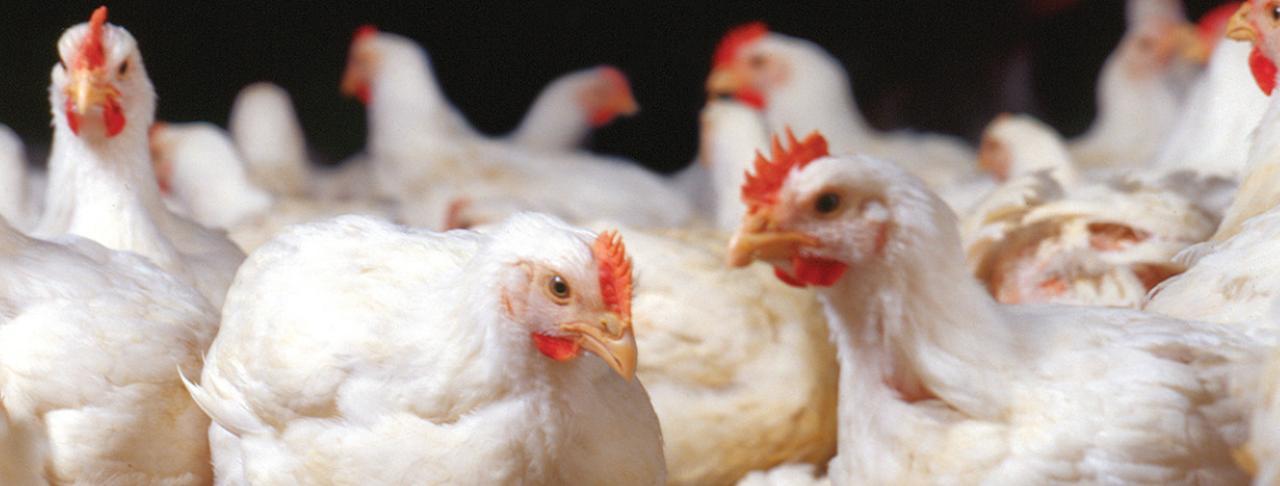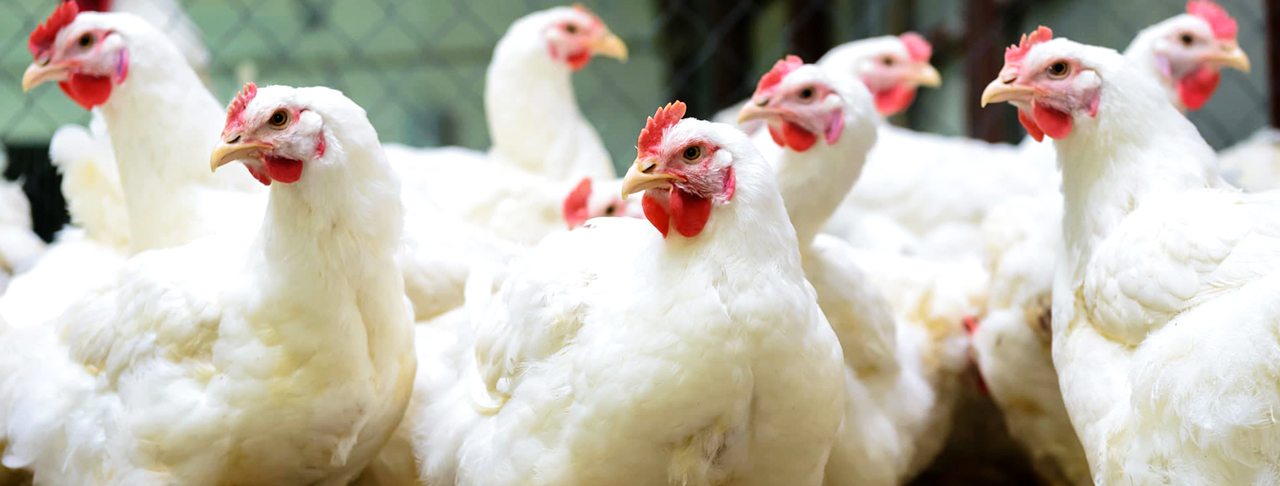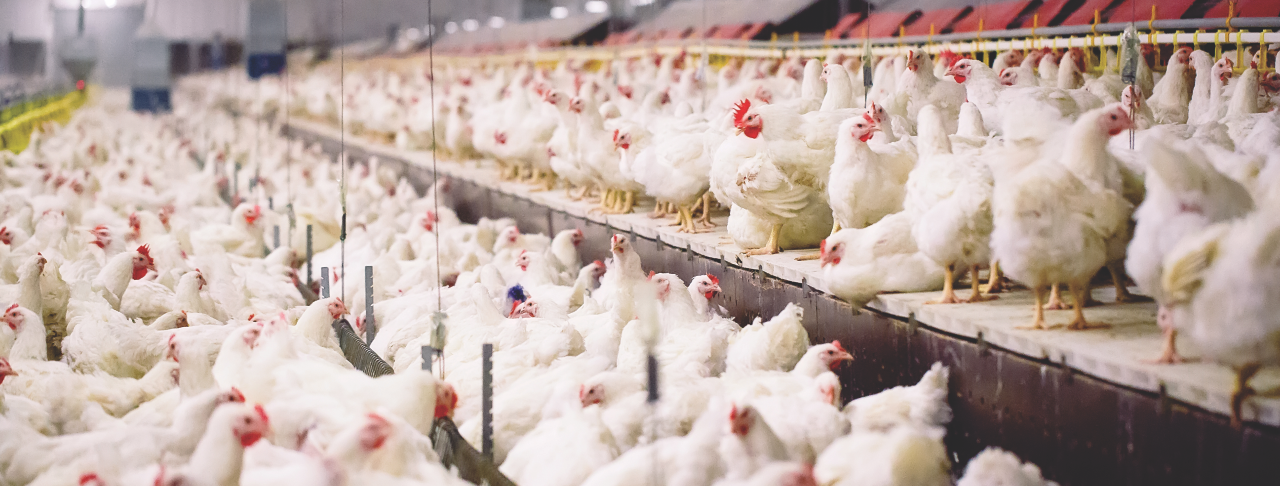
In recent years there is growing interest in the use of feed additives with immunomodulatory properties in intensive poultry production. Today’s chickens are more susceptible to different infectious and metabolic diseases and exhibit a high mortality rate.
NUCLEOVIN is a potential immunomodulator that contains nucleotides, vitamin C, and probiotics that can activate immune system responses. NUCLEOVIN affects aspects of immune function by providing specific nutrients. Bioactive components in Nucleovin can be used either in prophylactic/therapeutic approach or in prevention/treatment of stress and in microbial-induced disorders.
Mechanism of Action
Nucleotides in NUCLEOVIN are important bioactive molecules that combine in a specific manner to control the biological reactions associated with major life processes. They play a major role in structural, energetic, and regulatory functions and are involved in almost all the activities of the cell. Because of their role in supporting and enhancing immunity, dietary nucleotides are the best alternative to trigger optimum performance. They also exhibit immunomodulatory effects on different types of the immune response.
Probiotics in Nucleovin act by supporting the dynamic equilibrium of the intestinal microflora thereby reducing digestive problems and losses caused by nutrition. Nucleovin has Vitamin C which is another powerful antioxidant and immunomodulator for poultry.
Benefits of NucleoVin
BREEDER BIRDS
– Optimum reproductive performance – hatchability, fertility, embryo survival, and development, etc.
– Reduces immunological stress
LAYER BIRDS
– Improves eggshell thickness
– Minimizes toxin-related detrimental effects
– Enhances vaccine performance
– Heat and disease resistance
CHICKS
– Reduces mortality
– Accelerates growth performance
Recommendation
– 1 g per litre of drinking water
– 150 g – 250 g / tone of feed
Related Blogs
Talk to our team to know more about the products




